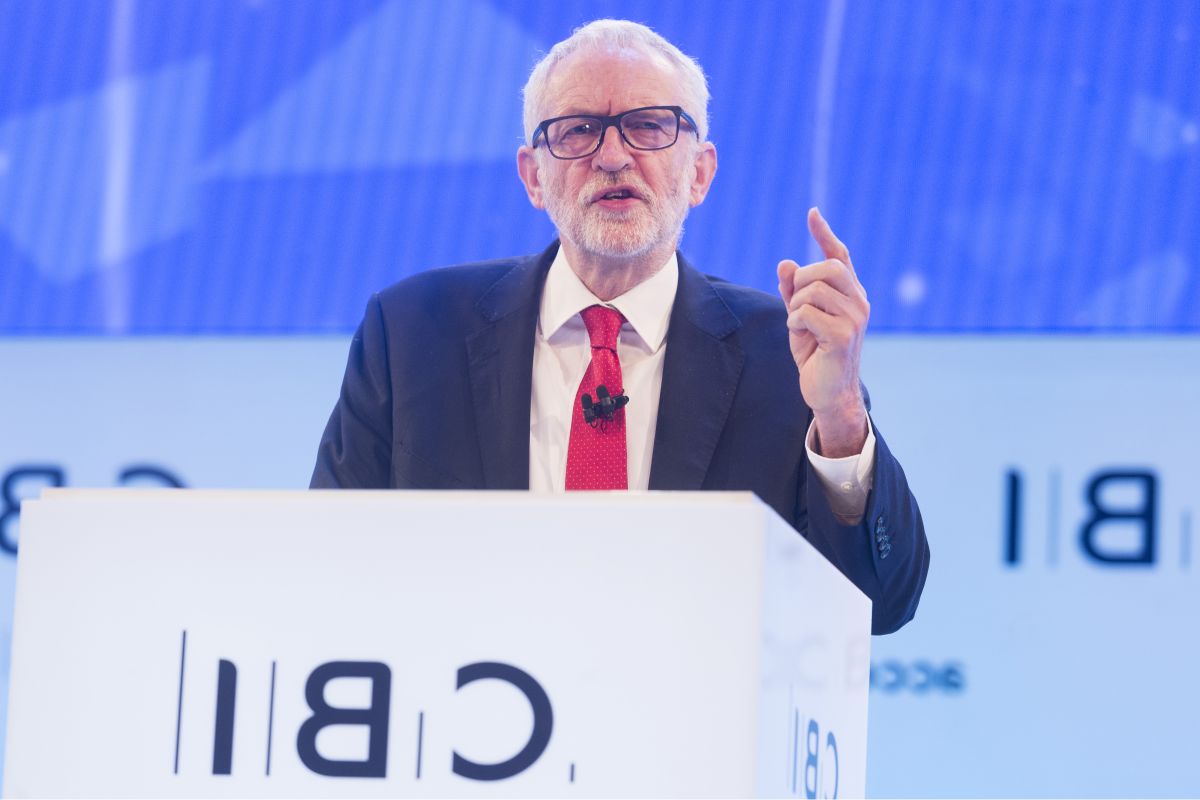UK Labour Party leader Jeremy Corbyn revealed for the first time on Friday that he will remain neutral in the second Brexit referendum that he has vowed to hold if h becomes prime minister next month.
He told a BBC Question Time leaders’ special he would not campaign for Leave or Remain so it would allow him, as prime minister, to “credibly” carry out what the voters then decide.
Advertisement
PM Boris Johnson later asked how Corbyn could be “indifferent” on such a vital issue. But Johnson faced questions of his own about whether he could be trusted.
Labour plans to renegotiate the deal agreed between the current Conservative government and the European Union, and then put it to another vote, with remaining in the EU is the other option.
It is the first time that Corbyn, a veteran eurosceptic who has not revealed how he would vote in another referendum, has stated how he will campaign.
The Brexit issue is threatening to hurt Labour in its traditional working-class heartlands, which mostly voted to leave the EU.
Johnson came under fire for alleged racism in his previous news articles and also for not releasing a report into Russian interference in the 2016 Brexit referendum, which he dismissed as “Bermuda Triangle stuff”.
Earlier, Corbyn had said that a Scottish independence referendum was “not a priority” in the “early years” of his administration, which he defined as being two years.
Earlier this week, PM Johnson and Corbyn clashed over several issues including Brexit in their first TV election debate.
Johnson wants to win a majority in December 12 general election so that he can get the Brexit deal, agreed with the EU, into law and take the UK out of the bloc on January 31 and begin talks with Brussels on a permanent trading relationship.
Earlier in the month, Johnson had launched his Conservative Party’s campaign, who is facing an unprecedented candidate against him. A young Muslim immigrant Ali Milani who represents the Labour Party in Uxbridge and South Ruislip constituencies of northwest London.
Johnson is hopeful that the December 12 election will break the long impasse over Brexit and give his party a majority so he can extricate Britain from the European Union.
The two candidates are at extreme poles from their family background to culture to their political ideologies.
(With inputs from agency)











